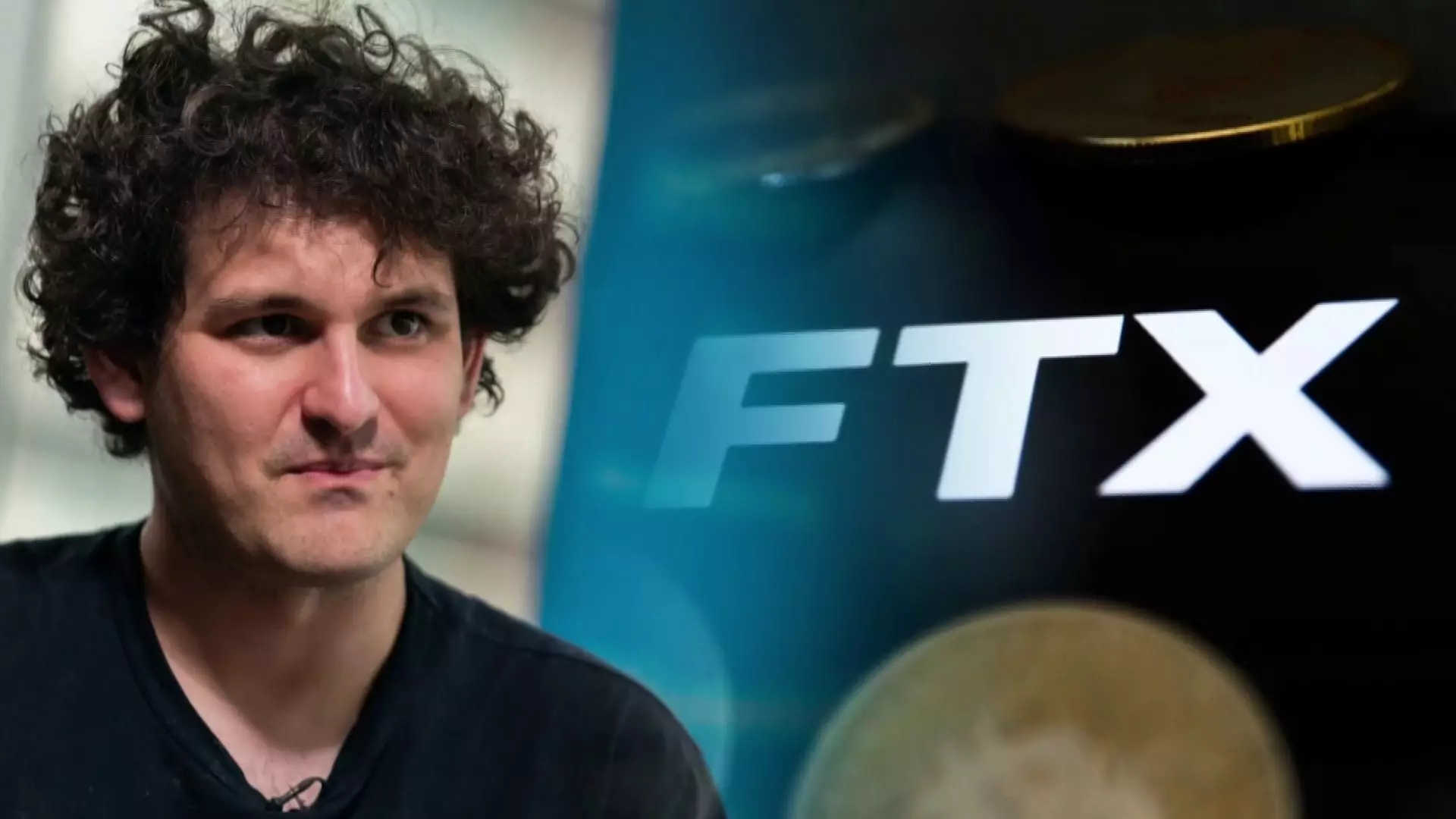In a thrilling twist during the trial against FTX co-founder Sam Bankman-Fried, CEO of defunct crypto lender BlockFi, Zac Prince, took the stand in a Manhattan federal courtroom. Prince’s testimony provided invaluable insights into the complex web of relationships between BlockFi, FTX, and Alameda Research. The revelations made during his appearance shed light on the factors that contributed to BlockFi’s downfall in November 2022.
Prince’s revelations indicated that BlockFi had a significant exposure to Alameda and FTX, estimated at approximately $1 billion, at the time of their failure. He posited that if the loans to Alameda had remained sound and the funds on FTX had been accessible, BlockFi would not have been forced to file for bankruptcy. This suggests a strong correlation between BlockFi’s financial troubles and the collapse of Alameda and FTX. Contrary to the claims made by the government’s star witness, Caroline Ellison, who portrayed Bankman-Fried as the mastermind behind a fraudulent scheme, Prince positioned BlockFi as a victim of Bankman-Fried’s alleged machinations. According to Prince, BlockFi provided loans to Alameda based on misleading balance sheets, thus painting Bankman-Fried as the catalyst for BlockFi’s predicament.
Prince’s testimony deviated significantly from the narrative put forth by Ellison. Defense lawyers aimed to underscore BlockFi’s active participation in the lending process to Alameda, asserting that the company provided loans with full knowledge of the associated risks. Prince shed light on BlockFi’s due diligence process concerning Alameda’s collateral, which primarily consisted of tokens associated with FTX. When pressed for clarity by the judge, Prince resorted to an analogy, likening the due diligence process to issuing car loans.
The prosecution, on the other hand, questioned whether BlockFi’s due diligence was sufficient, with creditors accusing the company of neglecting to recognize warning signs before extending substantial loans to Alameda. Prince’s testimony brought to light that presenting “unaudited balance sheets” is a common industry practice for borrowers seeking loans. By doing so, the defense sought to establish that BlockFi was well aware of the risks involved in lending to Alameda and had acted within the norms of the industry.
Zac Prince’s testimony in the trial against Sam Bankman-Fried not only provided crucial insights into BlockFi’s ordeal but also offered a broader understanding of the intricate relationships within the crypto industry. The exposure BlockFi had to Alameda and FTX, coupled with its subsequent bankruptcy, highlighted the potential ramifications of alleged fraudulent activities.
As the trial progresses, it becomes evident that the case is fraught with complexities. The court will continue to examine the intricacies surrounding BlockFi’s lending practices and Bankman-Fried’s level of involvement in the alleged schemes. It is worth noting that BlockFi, now bankrupt, can no longer be utilized for crypto-related activities, leaving over 100,000 creditors owed between $1 billion and $10 billion in limbo.
The revelations from this trial underscore the critical need for transparency and accountability within the crypto industry. As cryptocurrency gains more mainstream acceptance, it becomes imperative for companies and individuals operating in this space to adhere to stringent due diligence practices. The interconnectedness of various entities highlights how a single thread of malfeasance can unravel an entire ecosystem, impacting not only the immediate parties involved but also innocent stakeholders.
Zac Prince’s testimony in the trial against Sam Bankman-Fried opened a window into the intricate relationship between BlockFi, FTX, and Alameda Research. The differing narratives presented by the prosecution and defense shed light on the complexities of the case. As the trial unfolds, the court will continue to peel back the layers, revealing the true extent of BlockFi’s lending practices and Bankman-Fried’s role in the alleged fraudulent schemes. This case serves as a reminder of the importance of transparency, due diligence, and ethical conduct in the crypto industry to safeguard the interests of all stakeholders involved.


Leave a Reply